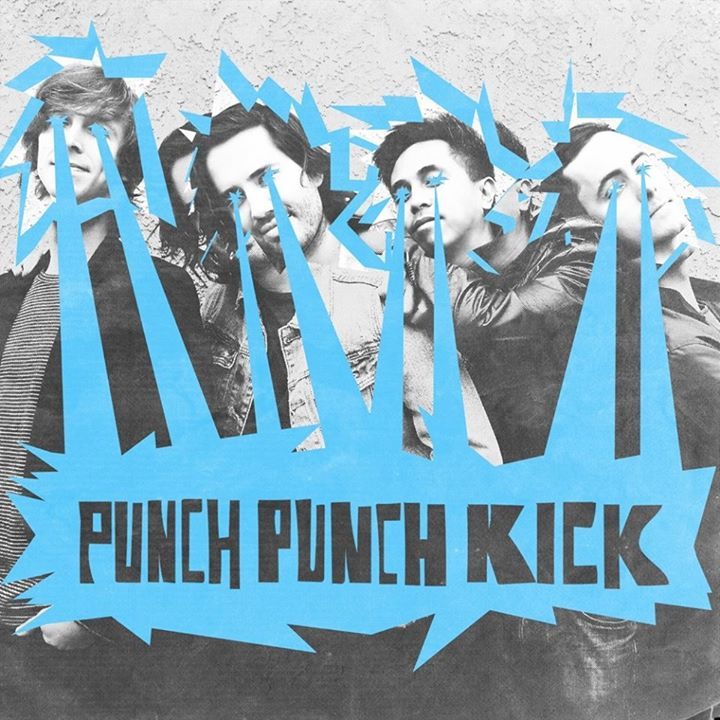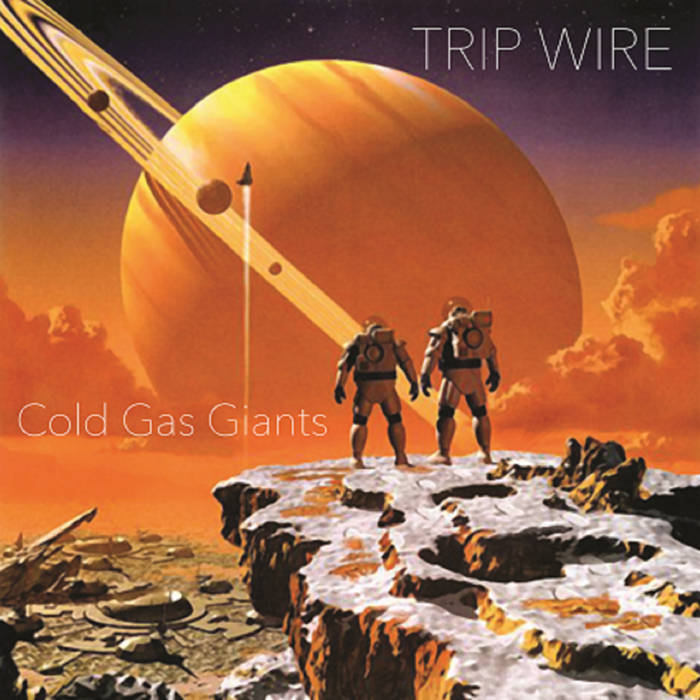
PowerPopNews.com writes about ‘In Between The Spaces’:
“THERE ISN’T A BAD SONG ON IN BETWEEN THE SPACES… DON’T BE SURPRISED IF IT ENDS UP ON THIS SITE’S BEST POWER POP ALBUMS LIST BY YEAR’S END.”
Sweet Sweet Music talked to Richard Turgeon about his new album, a power pop rock gem.
What was the biggest fun during the making of the last album?
I think just deciding to set a goal and make a full-length record again after a long absence from music, and actually promoting it instead of just letting it exist for a few friends and family. I love writing, recording, and audio production, so I found great joy in having a dedicated space nearby and not running a live band. I’m lucky in that I can write, record and produce myself, play almost all the parts, and even mix and master. It affords an enormous amount of creative freedom. It’s the first time I consistently did this cycle of writing and recording for about a year-and-a-half, and that continues today. Honestly if I could write and record my music all day, I would. I’ve written books and screenplays, and I’ve been a professional full-time writer for close to two decades, but I’m feeling very creatively fertile these days with my music. And it’s never felt better or more rewarding and fulfilling than it has in making this record.
At what point, during writing, rehearsing, recording, did you knew you were on to something special?
This whole album project began with the first song, “Bigfoot’s an Alien,” bubbling up after years spent working on a novel. I felt very out of practice and rusty on drums, guitars, and vocals (my main things), but I knew when I wrote this song, it was solid (this is rarely the case). Fortunately, I had enough experience to choose a local producer and studio that would be right for me—my friend Scott Llamas in San Rafael, CA. He basically took this song that was bottled up inside and, production-wise, turned it into the heaviest, most rocking song I’d put out to date. I was very grateful to have his guidance and experience on bringing that song to life. The result motivated me to put out an entire record building on where I was at musically, which was almost as if I’d never stopped. So I somehow progressed without doing anything haha.
The music industry has changed a lot (or so they say). What did it bring you? And what not?
Things are so different with promotion than it was when I was in my 20s, that I found more reward in that as well. The record continues to be very well received and I’ve loved connecting with all the DJs, bloggers (like yourself), and new fans so quickly. There’s no way I could grow a fanbase at this pace without the internet and social media. Even creating my website was much easier with the tools available today.
All that said, a part of me would like to get on a label, mostly to get my songs in movies and TV soundtracks, and basically just push the songs on the radio and any other channels to get more ears and increase my fanbase. In the old days, that meant regional touring and building fans with a live show, but I’m too old, busy (did I mention I have a full-time job and two young kids?), and solo-artist minded for that today. I’m fumbling my way through trying to make a dent with my music in today’s world with my particular approach to doing things (putting out recordings only, no live band, at least for now.) I guess a direct answer to the question is: The music industry hasn’t historically brought me jack-squat—I’ve always done everything myself: booking, promotion, and then eventually recording. I’ve actually been more rewarded by the indie press, bloggers, and DJs like you, who give indie artists like me a forum. So if the “indie” music industry counts, that has brought a lot to me over the years, even before the internet, and probably more so today than ever.
She tells you she will decide on a 5-song-mix tape if there is going to be a second date. Which 5 would you put on?
I would have to qualify that the tape is just my favorite songs to authentically share, not designed to impress her in any other way. I would also ask her to listen to both sides, since I couldn’t fit it all on one side (hence eight songs). I don’t think a girl has to like her guy’s music for it to work out, but it helps to have some common ground there (…he said as he types this next to his wife in bed.) Fortunately, my wife loves some of these songs, too. Or at least tolerates me playing them way too many times in her presence.
In no particular order…
- The Police – “So Lonely”
- The Eagles – “Take It Easy”
- Foo Fighters – “The Pretender”
- Weezer – “Island in the Sun’
- Pavement – “Stereo”
- Juliana Hatfield – “My Sister”
- The Replacements – “Alex Chilton”
- The Cure – “Just Like Heaven”
The meaning of ‘success’ has changed over the years. When will the new record be a success?
It already is in my view. I put up my website hoping some friends and definitely family would take a listen and tell me they liked it, which they’ve been doing most of my adult life, god bless ‘em. But it went beyond that when I started connecting with people I’d never met before, including the indie rock and power pop community (see the “Buzz” tab on my website for my wall of fame tribute to everyone who’s helped get the word out so far). Friends and family helped me make a goofy music video we’re all really proud of. New folks continue to reach out for interviews and airplay. I’m very grateful for what’s happening with the record, since it’s gone beyond my expectations. If I could share it with the whole world, I would. I’m not one of those shy, insecure bedroom auteurs that wants to be obscure. I write rock songs but at their core, they’re pop. It’s what I like, and I always want more listeners and to connect with more people.
To that end, the best thing anyone can do for an indie artist like me is to visit my website (richardturgeon.com), like my social media pages, and share the sh*t out of my songs and video, and tell their friends to do the same. Refer me to friends in the music business. Reach out for interviews and spin the songs on your shows.
I think the next levels of success for an indie artist like me—if it’s what they want—is to get on a decent label and start making some money for the effort. I don’t think my time and art should be free, but I’ll probably continue giving away music until I get to that next level. Sorry if all that sounds crass, but it’s an honest answer to the question.
To your readers: thank you for supporting indie music (particularly mine)! And thank you for listening to the record, and the interview, Patrick!
Learn more about and listen to Rich’s new LP, In Between the Spaces, at his website, Richardturgeon.com



